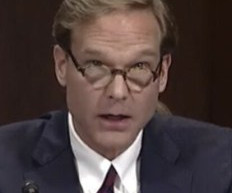SCOTUS Rules Quiet Title Act’s Time Bar Is Claim-Processing Rule
Constitutional Law Reporter
MAY 1, 2023
Supreme Court held that the Quiet Title Act’s statute of limitations is a claim-processing rule rather than a bright-line rule that constrains a court’s jurisdiction. The post SCOTUS Rules Quiet Title Act’s Time Bar Is Claim-Processing Rule appeared first on Constitutional Law Reporter. In Wilkins v. Fort Bend County v.














Let's personalize your content